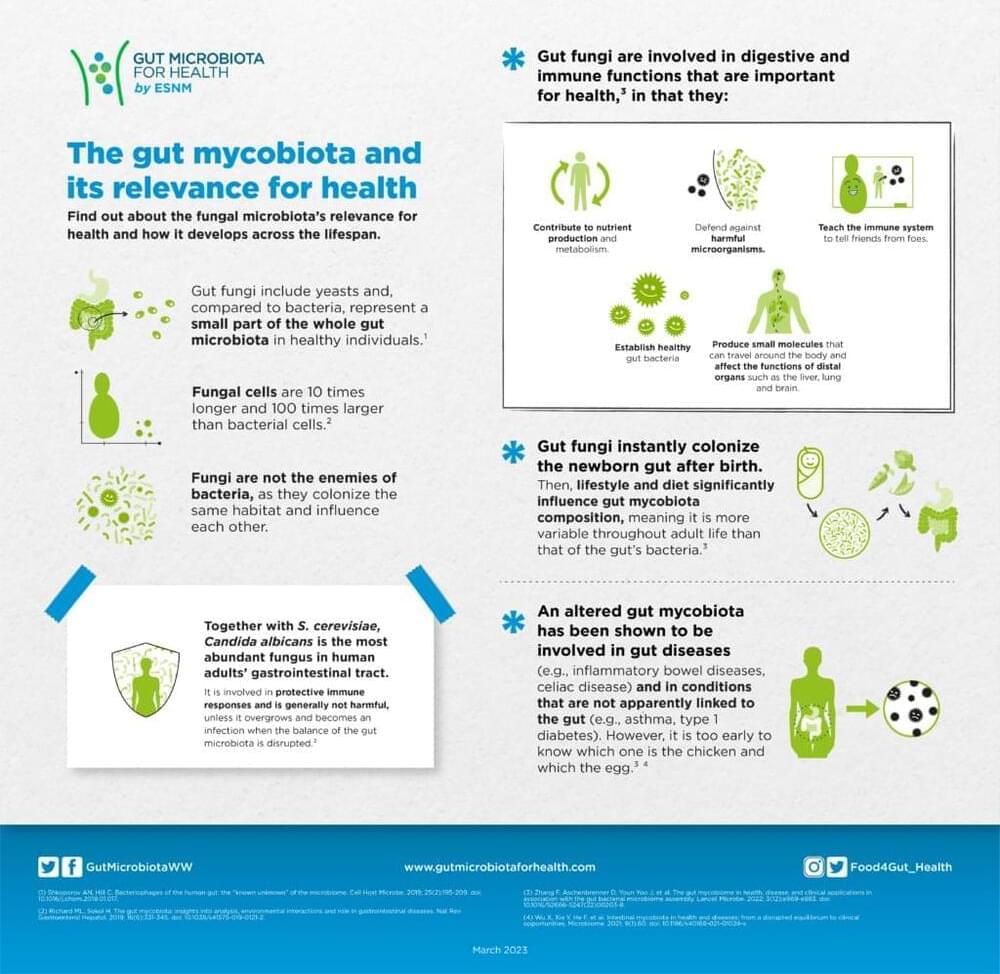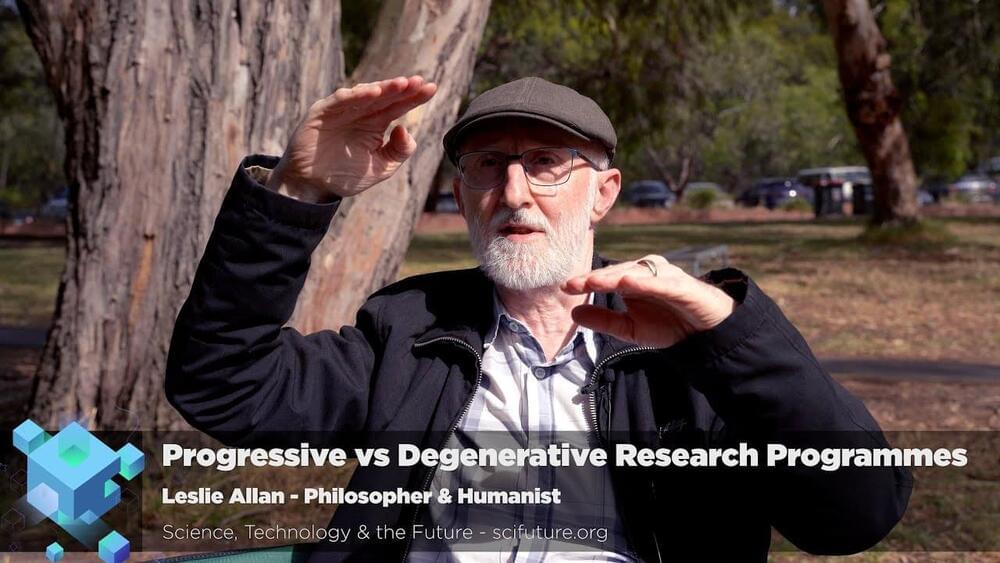Jul 2, 2023
What Are Large Language Models and Why Are They Important?
Posted by Shubham Ghosh Roy in categories: information science, robotics/AI
AI applications are summarizing articles, writing stories and engaging in long conversations — and large language models are doing the heavy lifting.
A large language model, or LLM, is a deep learning algorithm that can recognize, summarize, translate, predict and generate text and other forms of content based on knowledge gained from massive datasets.
Large language models are among the most successful applications of transformer models. They aren’t just for teaching AIs human languages, but for understanding proteins, writing software code, and much, much more.


















